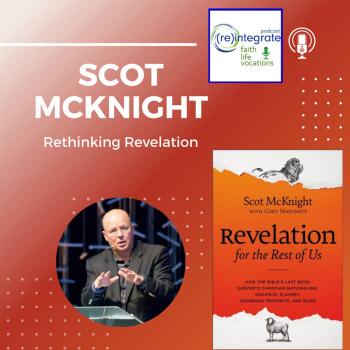Is the mission of God exclusively about evangelism or is it about that, and something more?
It has been a debate that raged throughout the past century (see a brief history of that debate here and here), but now Christians on the conservative evangelical side of the debate are discovering that the gospel is more than the proclamation that Jesus saves individuals from their sins. It is certainly at least that, but it is also much more than that.
There has been a movement in evangelicalism that has been gaining momentum, advocating for seeing the mission of God’s people as including evangelism as well as the work of social action.
Holistic Mission / Integral Mission
Two synonymous terms that are being used for this understanding are “holistic mission” and “integral mission.”
The Holistic Mission movement is led by scholar Christopher J. H. Wright.
Rene Padilla has coined the term “Integral Mission.” In an influential paper presented at the Lausanne Committee for World Evangelization in Pattaya, Thailand in 2004, Padilla presented a paper in which he said,
“The reduction of the Christian mission to the oral communication of a message of otherworldly salvation grows out of a misunderstanding of God’s purpose and of the nature of human beings. It is assumed that God wants to ‘save souls’ rather than ‘to reconcile to himself all things, whether things on earth or things in heaven’ (Colossians 1:20) and that the human being only needs to be reconciled to God rather than to experience fullness of life. In the final analysis, this is a reduction related to ideas taken from Greek philosophy, not from scripture.
Mission is faithful to scripture only to the extent to which it is holistic. In other words, it is faithful when it crosses frontiers (not just geographic but also cultural, racial, economic, social, political, etc.) with the intention of transforming human life in all its dimensions, according to God’s purpose and of enabling human beings to enjoy the abundant life that God wants to give to them and that Jesus Christ came to share with them. The mission of the church is multifaceted because it depends on the mission of God, which includes the whole of creation and the totality of human life.”
Questions that Rene Padilla raises for us:
- What would it look like if local church ministries, campus ministries, overseas missions, etc. would cease to “reduce the Christian mission to the oral communication of a message of otherworldly salvation?”
- How can we move away from Greek philosophical categories of “Sacred vs Secular” and see that all of life is important?
- What would Christian mission look like if it became more intentional in “transforming human life in all its dimensions, according to God’s purpose and of enabling human beings to enjoy the abundant life that God wants to give to them and that Jesus Christ came to share with them?”
- What will it take for us to (re)integrate the mission of the church?
For those who take the Bible literally, do we really believe what Jesus said his mission was? “I came that they may have life, and have it abundantly” (John 10:10). This is the Hebrew concept of shalom. God’s intention in the mission of his Son is to bring flourishing to everyone, to bring redemption into this world, to reconcile all things back to God through the atoning death of Jesus on the cross (Colossians 1:20).
Image by M Yashna. Used with permission. Sourced via Flickr.













